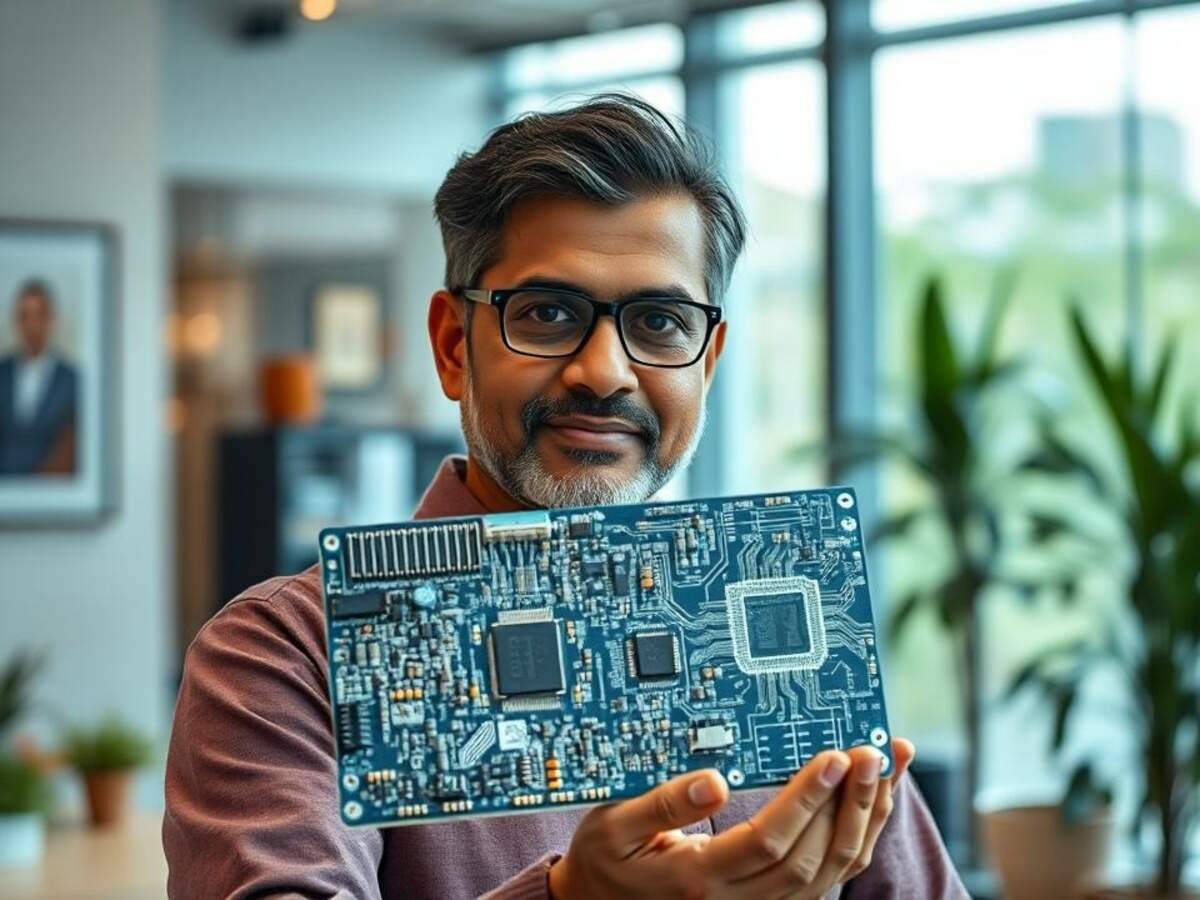At Indian Institute of Science (IISc), Indian Institutes of Technology (IITs), Indian Institutes of Information Technology (IIITs) and BITS Pilani, professor-founded startups have seen a 20-30% year-onyear increase. Venture capitalists (VCs) are viewing these ventures as fertile ground for intellectual property (IP)-heavy, globally competitive deep tech innovation.
“We’ve invested in about eight or nine professor-led startups across our two funds from IITs, IISc and even global institutions like MIT, Harvard and Caltech. It’s not yet the norm, but it’s definitely a growing pattern,” said Ashwin Raghuraman, co-founder of Bharat Innovation Fund, an early-stage venture fund.
 ETtech
ETtechVCs told ET that earlier, professors faced peer pressure and felt they were “selling out” by focusing on commercialisation, caught in the classic “Lakshmi versus Saraswati”, or wealth versus knowledge, dilemma. But that mindset is now starting to change. “With founders now raising series B and C in deep tech, it’s giving academics more confidence that this isn’t just an experiment, it can scale,” said Manu Iyer, co-founder of BlueHill VC.
Industry watchers said success stories such as Ather Energy, where IIT Madras’ incubation centre earned Rs 50 crore, and other startups, such as Agnikul Cosmos, ePlane and Pure EV, scaling up are prompting more professors to consider entrepreneurship.
“Simply writing papers wasn’t satisfying because the traditional way by which science is taken forward isn’t inclusive. It started to feel more attractive to explore something on the entrepreneurial side,” said Manoj Gopalkrishnan, founder of Algorithmic Biologics.
Gopalkrishnan, who served as a professor at IIT Bombay for more than a decade, launched the molecular diagnostics startup in 2021 after his Covid-19-related research paper went viral and drew VC interest. Satya Chakravarthy, professor of aerospace engineering from IIT Madras, has co-founded six deep tech startups.
Speciale Invest, which has invested in six professor-led startups, said incubation centres are playing a big role. They provide a framework for professors and startups to collaborate, encouraging faculty entrepreneurship, and professors are seen as people who know their domains inside out.
“Today’s professors, especially those in their 40s and 50s, are incredibly well-informed. They’ve seenthe practical side of business and understand the soul of their technology. For deep tech startups, they often make the best founders,” said Rajaram.
Journey from academia to enterprise
At IISc, nearly 40% of the 120 startups supported by its deep tech incubator, the Foundation for Science Innovation and Development (FSID), are led or co-founded by faculty. Raj Waghray, chief executive, STEM Cell at FSID, said the section 8 company, or non-profit organisation, acts as a bridge between the lab and the market, helping early-stage ventures navigate the “valley of death.” He added that there is a growing VC appetite for deep tech ventures, and faculty-led startups at IISc are increasingly on their radar.
IIT Madras leads the trend with the largest faculty-founded startups in the country. Of the 457 startups incubated, at least 133 have IIT Madras faculty as co-founders or mentor-shareholders.
“Today, more than 20% of IITM’s faculty, 115 professors, are associated as startup co-founders. We are seeing growing faculty involvement spinning off deep tech ventures based on lab innovations or by co-founding startups where their scientific expertise drives the technology,” said IIT Madras Incubation Cell’s CEO, Tamaswati Ghosh.
At its annual alumni meet on Saturday, the institute announced a Rs 200 crore venture capital fund to back startups emerging from IIT Madras. Titled the IITM Alumni Fund, the initiative is the first in India to directly channel alumni capital into institute-linked ventures.
At IIT Bombay, the Society for Innovation and Entrepreneurship said that investor interest is strongest in cleantech, medtech, semiconductors and agritech and that VCs are now actively scouting these faculty-led innovations. It has incubated 74 faculty-led startups to date, and 27 since 2023.
At BITS Pilani, more than 35 faculty startups have emerged in the past five years. “We now evaluate at least 15 ideas every year, and fund around eight to 10 startups. There is roughly 30% growth year-on-year,” said vice chancellor Ramgopal Rao, adding that about 25 patents have led faculty members to open a startup.
